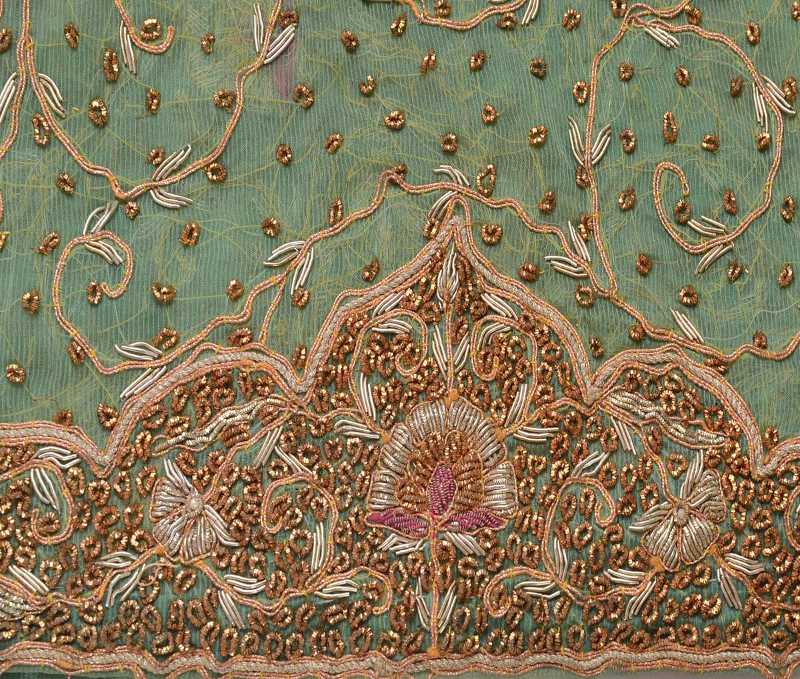===
0320,
2
===

=== |
 |
nāmūs : 'Reputation, fame, renown; esteem, honour, grace, dignity; —disgrace, reproach, shame'. (Platts p.1118)
khonā : 'To cause to be lost or destroyed; to lose; to fail of; to part with, get rid of; to do (or make) away with, to throw away, to waste, squander'. (Platts p.884)
āʾiyāñ haiñ is an archaic form of āʾī haiñ
FWP:
SETS == FILL-IN
MOTIFS == SPEAKING
NAMES
TERMS == HYPERBOLEGrammatically speaking, it seems that it's the do chār dil kī bāteñ themselves that have lost the nāmūs-e ḳhāmushī , rather than the human speaker (though if we really wanted to, we could declare it to be the speaker). Since they've also 'come to the mouth', they do appear to have some agency. But does that part really matter? It's the use of khonā that's wonderfully and potently ambiguous here (see the definition above). Have the ideas/utterances of the heart (or the speaker himself) 'lost', or 'failed in', or 'destroyed' or 'wasted' all that honor/shame of silence? Has the process been accidental (they've lost it), or involuntary (they've been unable to maintain it), or foolish (they've squandered it), or unspecified (they've simply got rid of it)? Perhaps they have renounced it in principle; perhaps they've just gotten sick of it; perhaps they've painfully sacrificed it.
The dual sense of nāmūs as 'honor/shame' (see the definition above) only adds to the possible interpretive range. And of course, we have no idea what those 'ideas/utterances of the heart' might be, that would come bubbling up (or running along, or escaping) to appear 'on' the mouth after so many years. Are they full or the 'honor/shame' of worldly reputation, or that of passion (which is so often the opposite)? For a discussion of this special 'honor/shame' duality, see {1896,9}.
Note for translation fans: How to do do chār ? Of course it's literally 'two four' but the idiomatic effect is 'a few'. In English, the literal-sounding counterpart phrase is of course 'two or three', with the more general alternative of 'a few'. As usual, I decided to go for the literal; but I rejected the unhelpfully literal (because so strikingly unidiomatic) 'two or four'. But in English we can also say 'three or four'. Which way should 'two four' run? The reason I chose 'two or three' was partly the rhetorical thrust of the verse, and partly the fact that in Urdu do tīn also exists (in a way that tīn chār really doesn't), and is equated by Platts with do chār . Looking at Platts is a useful tactic, when you're trying to think something through; he often gives possible translations that you haven't thought of, even for words you know well. But the real moral, as always, is that you can never get it all, you will always have to (knowingly, painfully, sacrificially) throw things overboard (to khonā them, in fact), and you'll always be sorry for it. But even though failure is inevitable, it's also relative (some translations are in fact better than others), and it doesn't at all invalidate our work.